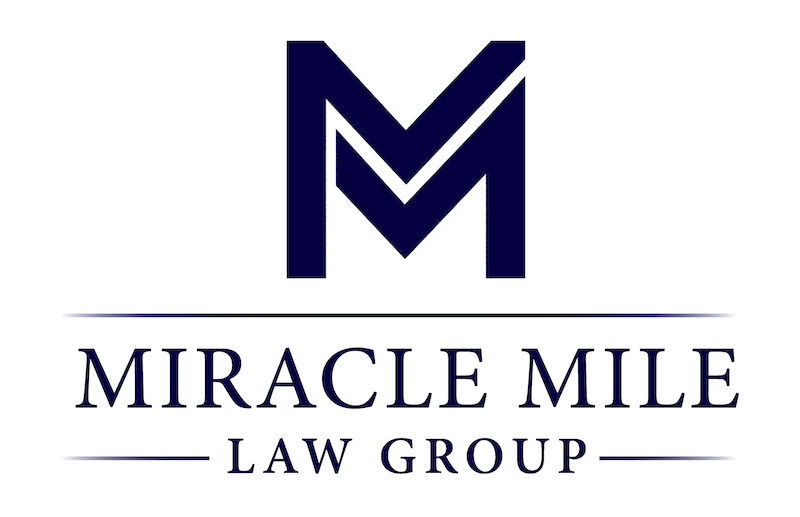Whistleblower
What does Whistleblower mean?
A whistleblower is any person, including contractors, clients, employees, or suppliers, who are aware of wrongdoing or illegal activities within an organization, business or entity and report the misbehavior. Although widespread reports of whistleblowers generally include those who have gone outside of their companies to report the wrongdoing, most whistleblowers first make attempts to report the activity internally. If this fails or if the whistleblower believes the company will not take appropriate action, they may also seek external solutions.
Regardless of the illicit activity reported and to whom, whistleblowers are protected from retaliation by statutes outlined by OSHA and the Securities and Exchange Commission.
In fact, the Whistleblower Protection Act of 1989, specifically protects federal workers who report government misconduct including mismanagement, regulatory abuses which are causing danger to the public, abuse of powers, or violation of federal law.
Employees who have faced retaliation for reporting illegal or discriminatory actions may seek compensation. Common ways an employer may retaliate include termination, hostility, threats, discipline, or transfer.
Common activities reported by whistleblowers
Whistleblowers may report not only illegal activities, but also dishonesty, misconduct, a threat to public interest, fraud, corruption, or a violation of a regulation. Some of the most recent whistleblowers include Edward Snowden who reported the National Security Agency (NSA) was spying on American citizens.
According to Snowden, NSA was storing the phone records of United States citizens. Snowden also gave evidence of a program called PRISM, which allowed the U.S. government access to data on servers of companies such as Google, Facebook, Microsoft and Apple.
Famous historical whistleblowers also have included W. Mark Felt, who recently reported he was "Deep Throat," the FBI agent who provided information to Washington Post journalists Bob Woodward and Carl Bernstein about Watergate, which later led to the resignation of President Richard Nixon.
Related Pages
Lawyers near
Term of the Day
Abuse of a child
Abuse is any act against a child which results in death, serious physical or emotional harm, or sexual abuse.
Category: Adoption







